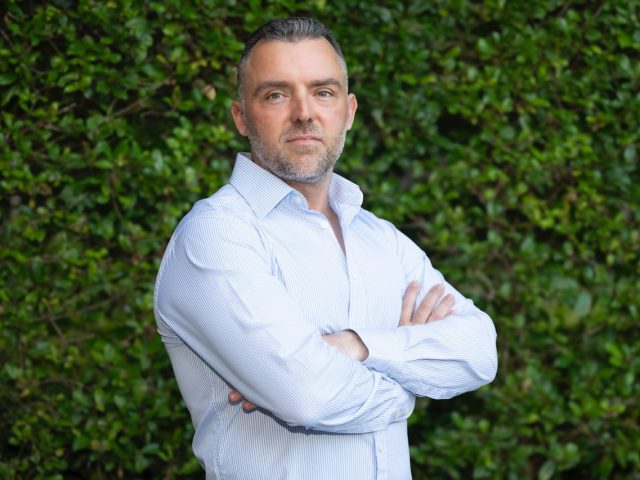
This article first appeared in the March 2025 issue of Australian Printer, authored by FESPA Australia’s Nigel Davies
2024 was a strong year for FESPA as we saw many highlights for the organisation, including our social events in Sydney and Melbourne, and hosting many of the 2023 Future Leaders in FESPA Amsterdam. The pinnacle for me is constantly introducing a new cohort to our FESPA Future Leaders program and hearing of the transformational experience it has been for them.
In 2024, our FESPA Australia Annual Conference was the centrepiece of our board’s investment in preparing our members and the industry for the strategic issues facing us. A lot of research went into the selection of topics and panellists.
In many cases, the panellists met twice before the event to discuss points of view so that our attending members could receive a deep insight into the topics.
With the insights from the professional speakers, attendees received tremendous value for money and a built a deeper understanding of key strategic issues.
The FESPA Australia Annual Conference has become a key event in the print and signage industry calendar, dedicated to thought leadership and networking opportunities. The mission of FESPA is to connect, inspire, and support.
Our conferences are a fantastic way to provide our members with a broad perspective of several topics, but sometimes they only scratch the surface of some complex subject areas. As such, this year, FESPA Australia plans to host workshops on topics such as succession, so members can continue their research and apply the principles they learnt.
Youth engagement and sustainability will always be on the agenda for FESPA Australia, and the FESPA UK association inspires us with its Next Generation youth initiative and recycling programs.
I would love to take the first steps towards a program that helps younger professionals in our industry equip themselves for a long future in print, in the same way that our Future Leaders program further develops more experienced leaders.
In addition, our commitment to sustainability is primarily through education, but industry associations such as ours are well placed to initiate and facilitate schemes to encourage recycling, such as the FESPA UK Waste Accreditation Scheme.
With mandatory climate reporting having commenced on 1 January for large businesses and institutions, FESPA Australia will support and connect members on requirements, reporting and compliance.
We encourage the industry to continue backing association activities by supporting our sponsors and our events. The work of associations and the networks that they nurture, develop, and support is crucial.
It’s clear that individual companies alone will not overcome the challenges we face as an industry. Many dimensions of industry challenges, such as youth engagement and sustainability demand coordinated action between suppliers and printers, and it’s only through the collective efforts of passionate individuals working towards a common goal that we can make significant progress.
FESPA Australia is committed to addressing these industry challenges. Generally, for the industry, 2025 will likely be challenging for many companies as we deal with a sluggish economy and an uncertain political environment both here and overseas.
Exchange rates may work against us and put further pressure on raw materials prices, and we will have limited ability to pass on these costs.
We will also see more consolidation in the industry, with both print companies and suppliers looking to acquire vertically or horizontally to counter slow organic growth. This has been happing in our industry for a few years and is only expected to continue.
We’re heading towards a cliff’s edge on some of the issues that our industry is facing, and sticking our heads in the sand won’t help.
As for trends, the hype of AI should have subsided into a more realistic view that recognises AI as simply another tool to refine your workflows in business and make them more efficient.
There is no question that generative AI will equip a new generation of creators, and those well-positioned for business-to-consumer work will keenly eye off niches where they can make the most of personalisation tools.
In the business-to-business market, there are opportunities for companies to leverage data and automation to better cater to the needs of brands that are facing strong ESG and sustainability commitments in the coming years. At the upcoming tradeshows this year, we will see a focus on integrating AI tools into software used for prepress, ripping, and ERP software. The move towards automating the materials handling elements of print will continue, and you will see the use of more sustainable materials across the board.
Comment below to have your say on this story.
If you have a news story or tip-off, get in touch at editorial@sprinter.com.au.
Sign up to the Sprinter newsletter



